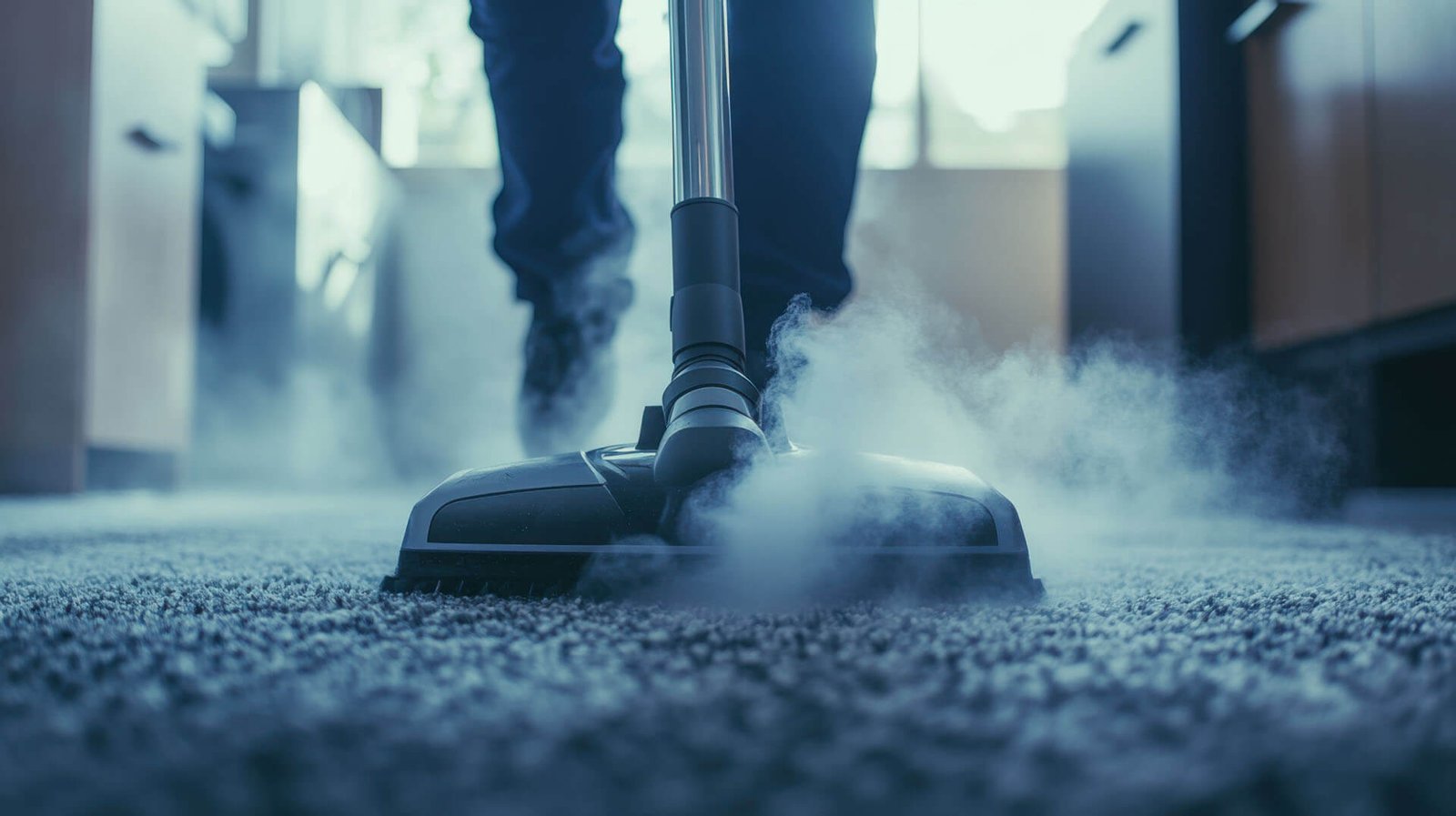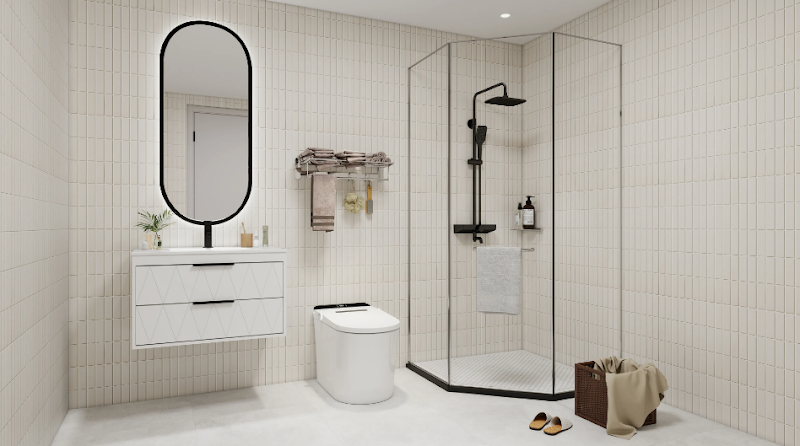A boiler is not just a device but your reliable assistant that provides hot water daily. However, proper care is needed to ensure it serves for a long time without failure. Without attention to the tank, pipes, and system, the boiler can overheat, leak, or even break down. This article will share practical tips on maintaining your water heater to avoid costly repairs.
Why is boiler maintenance important?
The boiler operates in difficult conditions: high temperature, pressure, and contact with water. Without care, scale settles on the heating element, the tank rusts, and the pipes get clogged. You can order a boiler repair service from a Kitchener plumber who is always on hand to help.
People ignore the first signs—noise or slow heating—and then pay for major repairs. Regular maintenance not only extends the life of the appliance but also saves money and nerves. Let’s look at how to take care of each part of the boiler.
Caring for the tank
The tank is the “heart” of the boiler, where water is stored. In Kitchener, the water is often of medium hardness, contributing to scale formation and corrosion. To make the tank last a long time:
- Check the anode. The magnesium anode protects the tank from rust by “attracting” corrosion to itself. Every 1-2 years, drain the water and inspect it – if it is thinner than a pencil, replace it. It’s a simple procedure, but a plumber can do it quickly if you’re unsure.
- Descale. Once a year, drain the water, remove the heating element and remove the scale with vinegar or a special product. Scale on the heating element reduces efficiency and leads to overheating.
- Look for leaks. If you see drops under the boiler, check the tank for rust. Sealants can repair small leaks, but repairs are needed if the tank is rotten.
I clean the tank myself once a year – it takes a couple of hours, but the boiler works like new.
Caring for the pipes
Water heater pipes are “arteries” that supply and drain water. If they are clogged or damaged, the appliance suffers. Here’s what to do:
- Check the connections. Inspect the pipes every six months for cracks or loose nuts. Tighten them with a wrench, but don’t overtighten them so they don’t break the threads.
- Avoid blockages. In Kitchener, water can carry fine sediment – install a filter at the inlet to keep debris out of the system.
- Keep an eye on the pressure. If the pipes are buzzing or the boiler is “spitting” water, it may be overpressure. Check the safety valve – it should release the excess. If the valve is clogged, it needs to be repaired.
Well-maintained pipes mean less stress on the boiler and a lower risk of accidents.
System maintenance
The boiler system comprises a heating element, thermostat and valves that provide heating and safety. If they are not in good working order, the device does not heat or overheat.
- Clean the heating element. The scale on the heater is the main enemy. Remove it yearly and soak it in vinegar for 2-3 hours. A clean heating element saves energy and requires replacement less often.
- Test the thermostat. Set the temperature to 60°C and check if the boiler turns off. If the water is boiling or barely warm, the thermostat may be faulty, and it’s time for a repair.
- Check the valve. The safety valve relieves pressure. Open it manually once a month to make sure it is not stuck. If water does not flow, call a plumber.
I always test the system before winter – this season has the highest load.
How often should I service the boiler?
It is enough for long-term operation:
- Monthly: check the valve and look for leaks.
- Every six months: inspect the pipes and anode.
- Every year: clean the heating element and tank from the scale.
Kitchener has average water hardness, so annual cleaning is a must-have. If you don’t want to tinker with it, plumbing services Kitchener offers comprehensive service at a reasonable price. Consider installing a whole-house water softener or at least an inlet filter for your boiler to reduce hard water damage. These solutions significantly extend the life of both the tank and the heating element.
What if something goes wrong?
Even with care, a boiler can still fail. Here are common problems and solutions:
- It does not heat water. Check the heating element and thermostat – they may need to be replaced.
- Leaking. Gaskets can fix minor leaks, but if the tank is rusty, you need a new device.
- It is noisy or overheats. Clean the heating element or valve—if this doesn’t help, it’s time for repair.
You can replace the gasket or clean the heating element yourself, but it is better to entrust complex breakdowns to specialists. They have the tools and experience to do it safely.
Tips
Kitchener water is not the hardest, but scale still accumulates. Choose a boiler with a “dry” heating element – it suffers less from scale. Also, setting the temperature to no higher than 65°C is optimal for saving money and protecting against overheating. If the boiler is old, call a service once a year for preventive maintenance – it’s cheaper than repairing it after an accident.
Conclusion
Proper water heater maintenance is not difficult if you know what to look for. Clean the tank and the heating element, keep an eye on the pipes and the system, and your appliance will serve for years. In Kitchener, boiler repair is affordable and fast, but regular maintenance will reduce its need. Do not ignore the little things – a drop under the boiler or noise can become a big problem. Leave the complicated stuff to professionals and take care of the simple stuff yourself.











